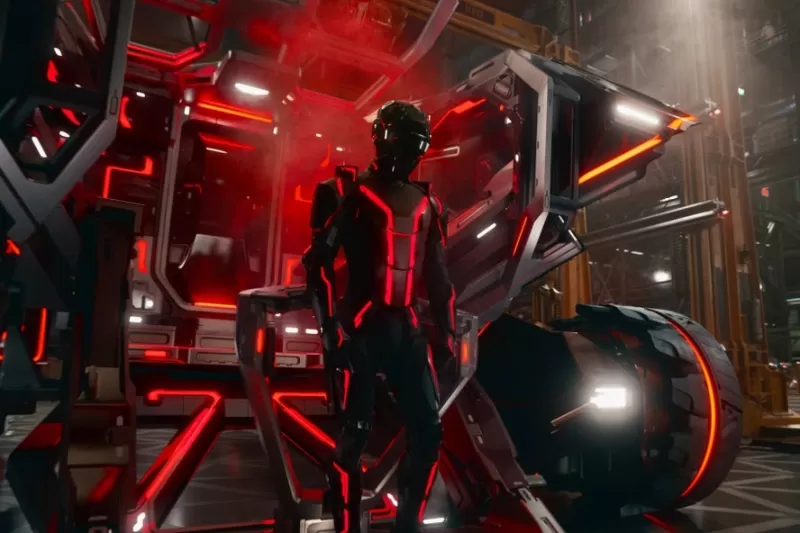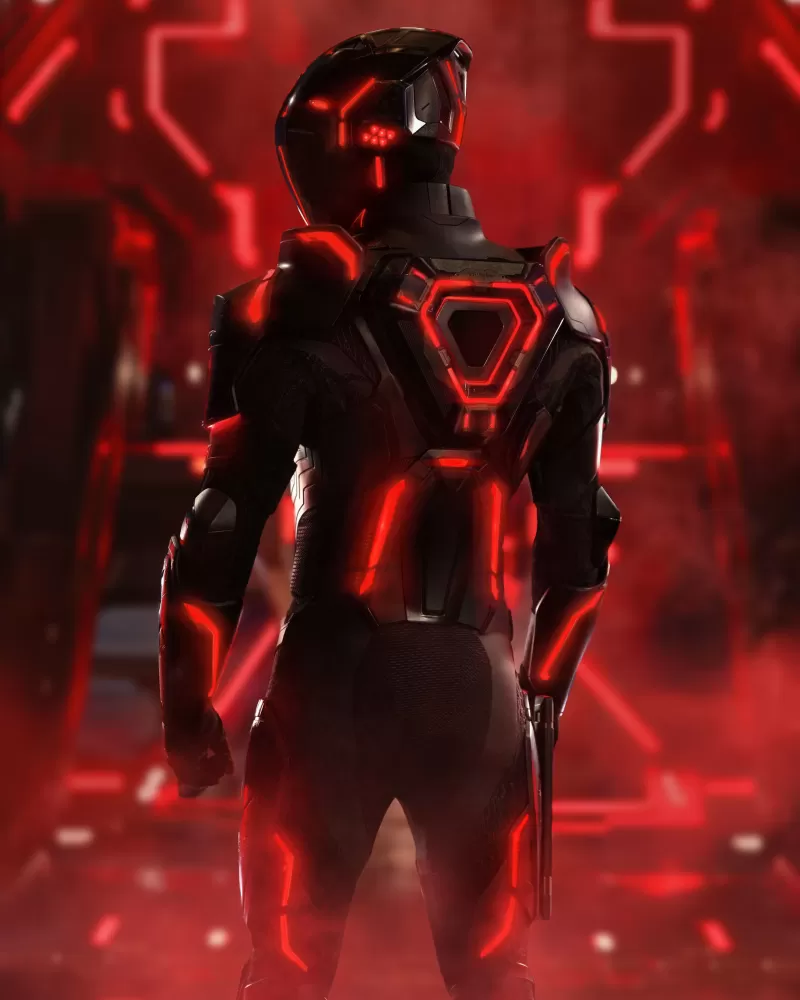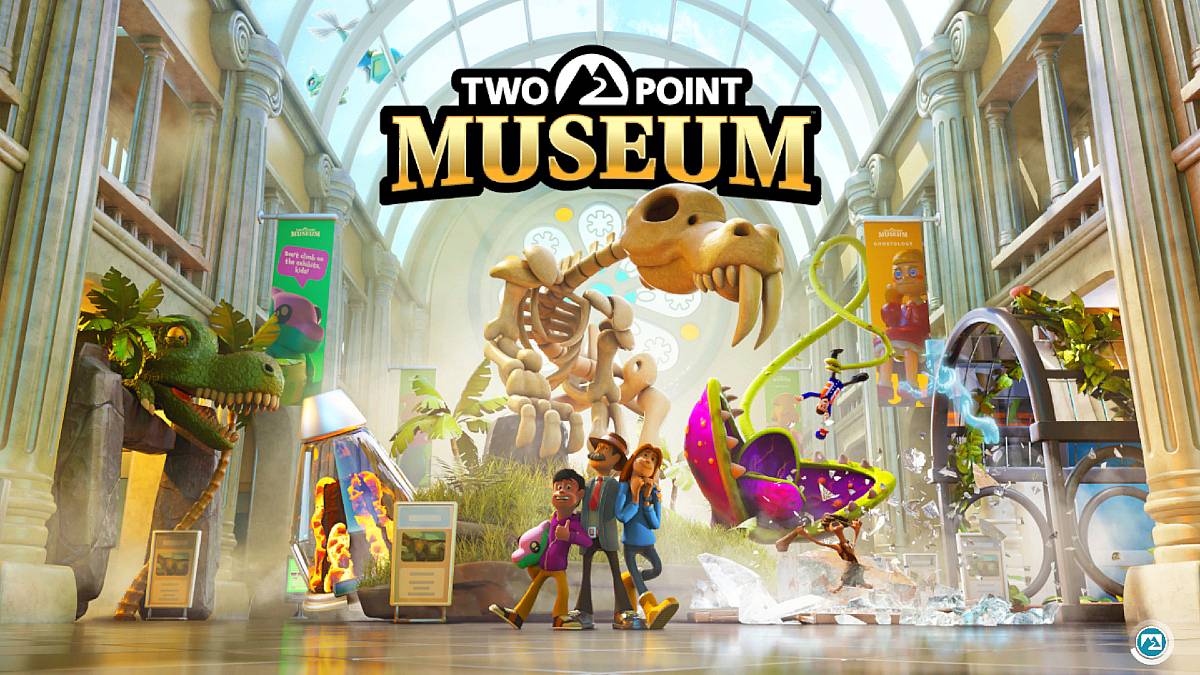Tron fans have plenty to look forward to in 2025 as the iconic franchise makes a thrilling return to theaters this October with a new sequel, Tron: Ares. Starring Jared Leto as the titular character, a program embarking on a mysterious and high-stakes mission into the real world, the film promises to reignite the love for the series. But can we truly call Ares a sequel?
Visually, Tron: Ares shares undeniable similarities with its predecessor, Tron: Legacy (2010). The newly released trailer showcases the same visually stunning aesthetic, and with Nine Inch Nails stepping in for Daft Punk, the electronica-heavy score continues to be a cornerstone of the franchise. However, in terms of narrative, Ares appears to lean more towards a soft reboot than a direct continuation.
Notably absent from Ares are key characters from Legacy, such as Garrett Hedlund's Sam Flynn and Olivia Wilde's Quorra. Their absence raises questions about why these pivotal figures aren't returning. Furthermore, the inclusion of Jeff Bridges, a veteran of the Tron universe, adds another layer of intrigue to the film's direction. Let's delve into how Legacy set the stage for a sequel and why Ares seems to be taking a different path.
TRON: Ares Images


Garrett Hedlund’s Sam Flynn & Olivia Wilde’s Quorra
Tron: Legacy focuses on the journey of Sam Flynn and Quorra. Sam, the son of Kevin Flynn (played by Jeff Bridges), ventures into The Grid to find his father and thwart CLU's plan to invade the real world. Alongside his father, Sam meets Quorra, an ISO, a unique digital lifeform. The film concludes with Sam defeating CLU and returning to the real world with Quorra, who transitions from digital to human form.
The ending of Legacy sets a clear path for a sequel, with Sam prepared to lead Encom into an open-source future and Quorra symbolizing the potential of the digital realm. The home video release even included Tron: The Next Day, showing Sam's return to Encom. Yet, neither Hedlund nor Wilde are returning for Ares, suggesting a shift in narrative focus.
Legacy earned $409.9 million worldwide on a $170 million budget, which, while successful, didn't meet Disney's high expectations. This might have influenced the decision to pivot Ares into a more standalone story. Nonetheless, the absence of Sam and Quorra leaves a significant gap in the narrative continuity, and fans hope Ares will at least acknowledge their importance or possibly bring them back in cameo roles.
Cillian Murphy’s Edward Dillinger, Jr.
The absence of Cillian Murphy's Edward Dillinger, Jr. from Ares is equally perplexing. Introduced in Legacy as the head of Encom's software development and a potential antagonist, Dillinger's brief appearance hinted at a larger role in future sequels, possibly involving the return of the Master Control Program (MCP).
The trailer for Ares suggests the MCP's involvement, with Ares and other programs marked by glowing red highlights, reminiscent of the MCP's signature. However, without Dillinger, the narrative seems to shift focus to a new character played by Gillian Anderson. Yet, Evan Peters' character, Julian Dillinger, indicates the Dillinger family's continued involvement, leaving room for potential surprises.
Bruce Boxleitner’s Tron
Perhaps the most surprising omission is Bruce Boxleitner, who played both Alan Bradley and the heroic program Tron. In Legacy, Tron's fate was left open-ended, hinting at a possible return. The absence of Boxleitner from Ares raises questions about whether the film will include Tron at all, or if the role has been recast, perhaps with Cameron Monaghan.
Why Is Jeff Bridges in Tron: Ares?
The announcement of Jeff Bridges' return to Tron: Ares is particularly baffling, given that both his characters, Kevin Flynn and CLU, were killed off in Legacy. His voice can be heard in the trailer, but it's unclear whether he's playing a resurrected Flynn, a surviving CLU, or something entirely new. This adds another layer of mystery to Ares, as it navigates the franchise's complex narrative.
While fans eagerly await Tron: Ares, the film's approach to its predecessors leaves many questions unanswered. The inclusion of a new score by Nine Inch Nails promises an exciting auditory experience, but the narrative choices remain a topic of speculation and anticipation.









